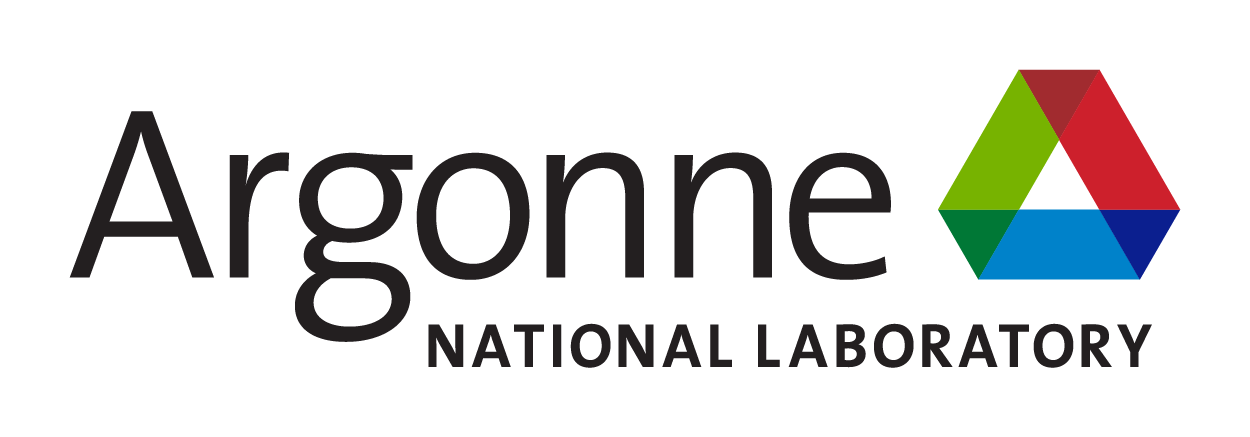Abstract: Bio-enabled hybrid nanomaterials represent a novel class of functional materials, which uses bio-derived materials, bioinspiration and biomimetic approaches to design hybrid materials and structures with co-assembled biological and synthetic components to bring best of two worlds: versatile diverse adaptive functions and mechanical strength, flexibility, and scalability [1]. In this talk, we summarize our recent results on functional hybrid nanomaterials from chiral nematic polysaccharides for adaptive chiroptical materials, magnetic photonic materials and optical computing. We discuss robust photonic nanomaterials from cellulose nanocrystals and nanofibers decorated with highly photoluminescent organic dyes, quantum dots and quantum nanowires for tailored emission of linear and circular polarized light [2]. Then, we present results on magnetically steerable uniform photonic organization of cellulose nanocrystals decorated with superparamagnetic nanoparticles [3]. Assembly under weak magnetic field gradients enables transformation from helicoidal cholesteric to uniaxial nematic phase with near-perfect orientation achieved across large areas, enhanced mechanical robustness, and fast actuation ability. Finally, we demonstrate biophotonic-encrypted field effect transistors with multi-valued logic elements for massive parallel computing and elevated encryption ability [4].
References: [1] D. Nepal, et al, Hierarchically Structured Bioinspired Nanocomposites, Nature Mat., 2022, https://doi.org/10.1038/s41563-022-01384-1 [2] S. Kang, et al., Bio-organic chiral nematic materials with adaptive light emission and on-demand handedness, Adv. Mater., 2021,2103329. [3] X. Zhang et al, Uniformly aligned flexible magnetic films from bacterial nanocelluloses for fast actuating optical materials, Nature Com., 2022, 13, 5804; https://doi.org/10.1038/s41467-022-33615-z [4] M. J. Han, M. Kim, V. V. Tsukruk, Multi-Valued Logic Structures for Optical Computing with Photonically Enabled Chiral Bio-Organic Structures, ACS Nano, 2022, doi.org/10.1021/acsnano.2c04182
Bio: Vladimir V. Tsukruk is a Regents Professor and Director of Microanalysis Center at the School of Materials Science and Engineering, Georgia Institute of Technology, Atlanta, USA. He received MS degree in physics from the National University of Ukraine, PhD and DSc degrees in chemistry and polymer science from the National Academy of Sciences of Ukraine. He carried out his post-doctoral research at the U. Marburg, Darmstadt TU and U. Akron. He has co-authored about 540 refereed articles in archival journals and two books, which have been cited more than 37,000 times. He has organized 13 professional meetings and has trained about 110 graduate students and post-docs. Currently, he serves on the Editorial Advisory Boards of five professional journals and as an Executive Editor at ACS Applied Materials and Interfaces. His research in the field of functional nanomaterials, surfaces and interfaces, directed assembly of synthetic/natural polymers, nanostructures, and bioinspired materials has been recognized by Fulbright Award, Regents Professorship, Sigma Chi Sustained Research Award, Outstanding Research Author Award, Humboldt Research Award, and the National Science Foundation Special Creativity Award, among others. He is an elected Fellow of American Physical Society, Materials Research Society, and American Chemical Society, and Fulbright Fellow.
Location:
Onsite: 440, A105/A106
Zoom: https://argonne.zoomgov.com/j/1609166022
